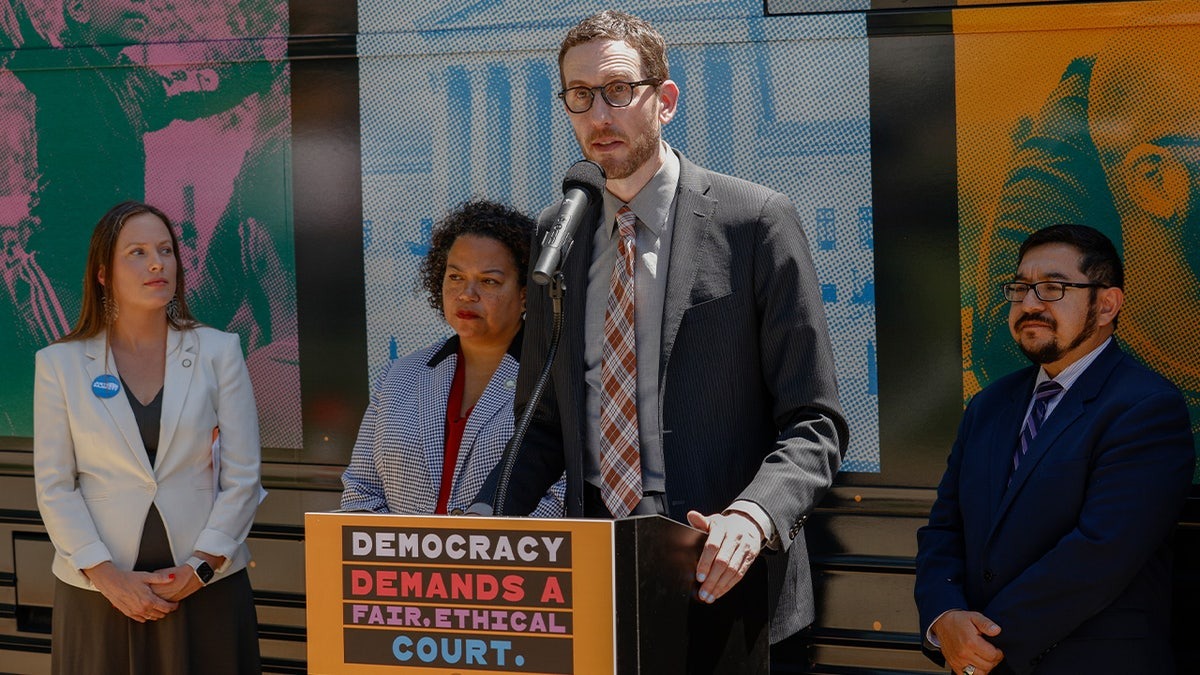On Tuesday, a coalition of business organizations, including the U.S. Chamber of Commerce and the American Farm Bureau Federation, initiated a legal challenge by filing a lawsuit to block California’s groundbreaking corporate climate disclosure laws.
These laws, signed by Governor Gavin Newsom last year, require thousands of large businesses operating in the state to disclose their carbon footprint and climate-related financial risks, marking the first such laws in the nation.
The legal complaint, filed in the U.S. District Court for the Central District of California, contends that the measures, known as SB253 and SB261, would force businesses to make “costly, burdensome, and politically fraught statements” about their global operations.

California sued over law (Credits: Fox News)
The plaintiffs, including major business groups, are seeking a court ruling to prevent the implementation of these laws, arguing that they violate the First Amendment by compelling speech on a “controversial” issue and that California is overstepping its authority by acting as a de facto national emissions regulator.
SB253, in particular, mandates disclosure of carbon footprints and Scope 3 emissions generated throughout a company’s value chains. The lawsuit has intensified the ongoing debate about transparency, climate action, and the role of government in regulating corporate disclosures.
State Senator Scott Wiener, the sponsor of SB253, dismissed the lawsuit as “straight-up climate denial.” Wiener accused the Chamber of Commerce of attempting to impede basic transparency, asserting that corporations, especially in the fossil fuel and banking sectors, fear revealing the extent of their contributions to climate change.
The legal challenge sets the stage for a significant legal battle over California’s authority to compel large corporations and major polluters to disclose their emissions. The outcome of this case is likely to have implications beyond California as other states contemplate similar legislative measures to address climate change.
While the business coalition argues that the climate reporting laws are not cost-effective and could lead to penalties for inaccurate information, supporters of the laws, including Governor Newsom, view them as crucial for addressing the climate crisis.
The lawsuit adds a new layer to the evolving landscape of corporate climate disclosures, where governments globally are considering regulations to standardize reporting standards, and the U.S. Securities and Exchange Commission is yet to finalize its climate risk disclosure rule.
As the legal proceedings unfold, the case will serve as a focal point for broader discussions on the balance between government intervention, corporate transparency, and environmental responsibility, potentially influencing future legislative efforts and shaping the corporate landscape in relation to climate change.























